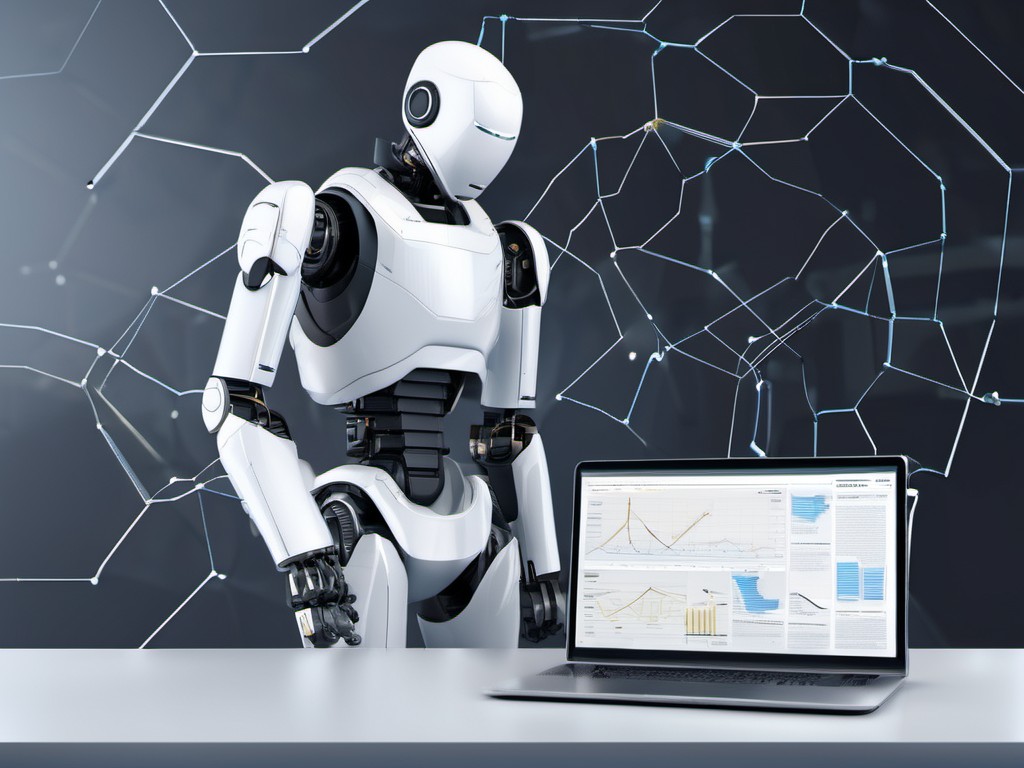· Charlotte Will · webscraping · 5 min read
What is Web Scraping for Market Research?
Discover the power of web scraping in market research with our comprehensive guide. Learn practical techniques, tools, and advanced strategies to automate data extraction, gain competitive insights, and make informed business decisions.

In today’s digital age, data is king. Companies across various industries are leveraging web scraping to gather valuable insights for market research and business intelligence. This comprehensive guide will delve into the world of web scraping, its importance in market research, practical tips, tools, and advanced techniques. Let’s get started!
H2: Understanding Web Scraping
H3: Definition of Web Scraping Web scraping, also known as data extraction, is the process of programmatically extracting data from websites. This automated technique allows businesses to gather large volumes of information quickly and efficiently.
H3: Why Use Web Scraping for Market Research? Market research involves collecting and analyzing data about consumers, competitors, and market trends. Traditional methods can be time-consuming and expensive. Web scraping streamlines this process by automating data collection, enabling businesses to make informed decisions faster and more accurately.
H2: The Role of Web Scraping in Market Research
H3: Competitive Analysis One of the primary applications of web scraping is competitive analysis. By extracting data from competitor websites, you can gain insights into their pricing strategies, product offerings, marketing campaigns, and customer reviews. This information can help you identify gaps and opportunities to enhance your own business strategy.
H4: Practical Tips for Competitive Analysis Web Scraping
- Focus on Key Metrics: Identify the most critical data points that will inform your competitive analysis.
- Avoid Legal Issues: Ensure that your scraping activities comply with the target website’s terms of service and legal regulations.
- Use Proxies: Employ rotating proxies to avoid IP bans, as explained in our guide on avoiding blocks by Amazon.
H3: E-commerce Intelligence Web scraping is invaluable for e-commerce businesses. You can gather data on product listings, prices, customer reviews, and inventory levels to stay ahead of the competition. This real-time data allows you to dynamically adjust your pricing and promotional strategies.
H3: Business Intelligence and Analytics Business intelligence (BI) relies heavily on accurate and up-to-date data. Web scraping helps in collecting market trends, customer sentiment analysis, and industry reports that can be fed into BI tools for comprehensive analytics.
H2: Tools and Techniques for Effective Web Scraping
H3: Programming Languages for Web Scraping Python is one of the most popular languages for web scraping due to its simplicity and powerful libraries like BeautifulSoup, Scrapy, and Selenium. These tools make it easy to extract data from websites, handle HTML parsing, and manage complex scraping workflows.
H3: APIs for Efficient Data Extraction APIs (Application Programming Interfaces) provide a structured way to access web data without scraping the website itself. By making API calls, you can retrieve data more efficiently and with fewer risks of being blocked. Learn more about making efficient API calls.
H2: Handling Common Challenges in Web Scraping
H3: Avoiding IP Bans and Blocks Web scraping can lead to IP bans if not done carefully. Rotating proxies, implementing delay times, and using header randomization are some strategies to avoid getting blocked. For more advanced techniques, refer to our guide on handling cookie consent pop-ups.
H3: Rate Limiting Strategies Large-scale web scraping projects can overwhelm servers if not managed properly. Implementing rate limiting strategies, such as setting request intervals and monitoring server responses, ensures that you stay within the website’s acceptable usage limits. Learn more about implementing rate limiting strategies.
H2: Advanced Techniques for Competitive Intelligence Web Scraping
H3: Machine Learning and Big Data Integration Incorporating machine learning algorithms into your web scraping workflows allows you to analyze large datasets more effectively. This integration helps in identifying patterns, predicting trends, and making data-driven decisions.
H3: Real-Time Data Monitoring Real-time data monitoring enables businesses to react swiftly to market changes. By continuously scraping websites for updates, you can stay informed about new product launches, price drops, and competitor activities.
H2: Ethical Considerations in Web Scraping
H3: Legal Compliance It is crucial to comply with legal regulations and the terms of service of websites you are scraping. Unauthorized data extraction can lead to legal issues, so always ensure you have the right permissions before proceeding.
H3: Respect for Privacy While collecting public data, it’s essential to respect user privacy. Avoid extracting sensitive personal information and ensure that your scraping activities do not invade user privacy rights.
H2: Conclusion Web scraping has become an indispensable tool in the arsenal of market researchers and business intelligence professionals. By automating data extraction, you can gain a competitive edge, make informed decisions, and stay ahead in the rapidly evolving digital landscape. Whether you are conducting competitive analysis, gathering e-commerce intelligence, or integrating big data with machine learning, web scraping offers endless possibilities.
H2: FAQs
Q1: What is the difference between web scraping and using APIs? A: Web scraping involves extracting data directly from website HTML, while APIs provide a structured way to access data through predefined endpoints. APIs are generally more efficient and less likely to lead to IP bans but may require specific permissions or API keys.
Q2: How can I ensure the accuracy of extracted data? A: To ensure data accuracy, validate the extracted information against multiple sources, cross-check with manual data collection, and regularly update your scraping scripts to adapt to website changes.
Q3: What are some legal considerations when web scraping? A: Legal considerations include complying with terms of service, respecting copyright laws, avoiding invasions of privacy, and adhering to regional data protection regulations like GDPR or CCPA. Always obtain necessary permissions before scraping a website.
Q4: Can I use web scraping for SEO purposes? A: Yes, web scraping can be used to gather insights for SEO. You can extract competitive keyword data, backlink profiles, and content strategies from rival websites to enhance your own SEO efforts.
Q5: How does web scraping contribute to machine learning projects? A: Web scraping provides large datasets that are essential for training machine learning models. By integrating web scraping with big data technologies, you can feed rich datasets into algorithms to improve their accuracy and predictive capabilities.




